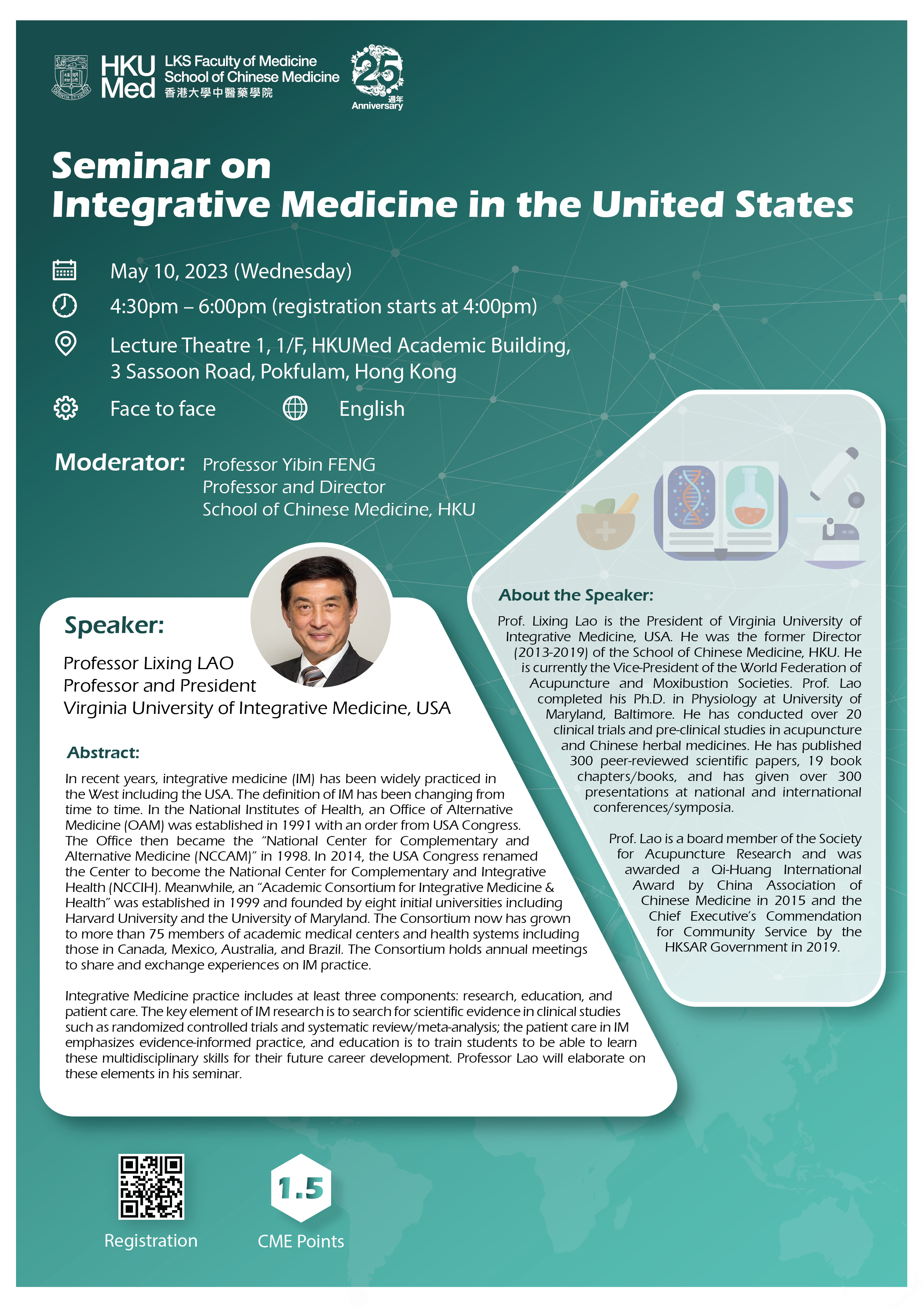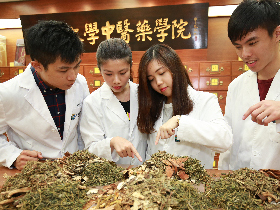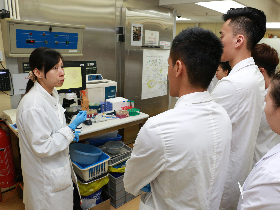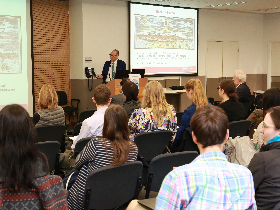Seminar: Integrative Medicine in the United States
You are welcome to attend the seminar, please find the details below
Date |
10 May 2023 (Wed) |
Time |
4:30pm-6:00pm (Registration starts at 4:00pm) |
Venue |
Lecture Theatre 1, 1/F, HKUMed Academic Building, 3 Sassoon Road, Pokfulam, Hong Kong |
CME Point |
1.5 points |
Mode |
Face-to-face |
Language |
English |
Registration |
Please click here |
Moderator:
Professor Yibin Feng, Professor and Director, School of Chinese Medicine, HKU
Speaker:
Professor Lixing Lao, Professor and President, Virginia University of Integrative Medicine, USA
About the speaker
Prof. Lixing Lao is the President of Virginia University of Integrative Medicine, USA. He was the former Director (2013-2019) of the School of Chinese Medicine, HKU. He is currently the Vice-President of the World Federation of Acupuncture and Moxibustion Societies. Prof. Lao completed his Ph.D. in Physiology at University of Maryland, Baltimore. He has conducted over 20 clinical trials and pre-clinical studies in acupuncture and Chinese herbal medicines. He has published 300 peer-reviewed scientific papers, 19 book chapters/books, and has given over 300 presentations at national and international conferences/symposia. Prof. Lao is a board member of the Society for Acupuncture Research and was awarded a Qi-Huang International Award by China Association of Chinese Medicine in 2015 and the Chief Executive’s Commendation for Community Service by the HKSAR Government in 2019.
Abstract
In recent years, integrative medicine (IM) has been widely practiced in the West including the USA. The definition of IM has been changing from time to time. In the National Institutes of Health, an Office of Alternative Medicine (OAM) was established in 1991 with an order from USA Congress. The Office then became the “National Center for Complementary and Alternative Medicine (NCCAM)” in 1998. In 2014, the USA Congress renamed the Center to become the National Center for Complementary and Integrative Health (NCCIH). Meanwhile, an “Academic Consortium for Integrative Medicine & Health” was established in 1999 and founded by eight initial universities including Harvard University and the University of Maryland. The Consortium now has grown to more than 75 members of academic medical centers and health systems including those in Canada, Mexico, Australia, and Brazil. The Consortium holds annual meetings to share and exchange experiences on IM practice.
Integrative Medicine practice includes at least three components: research, education, and patient care. The key element of IM research is to search for scientific evidence in clinical studies such as randomized controlled trials and systematic review/meta-analysis; the patient care in IM emphasizes evidence-informed practice, and education is to train students to be able to learn these multidisciplinary skills for their future career development. Professor Lao will elaborate on these elements in his seminar.









